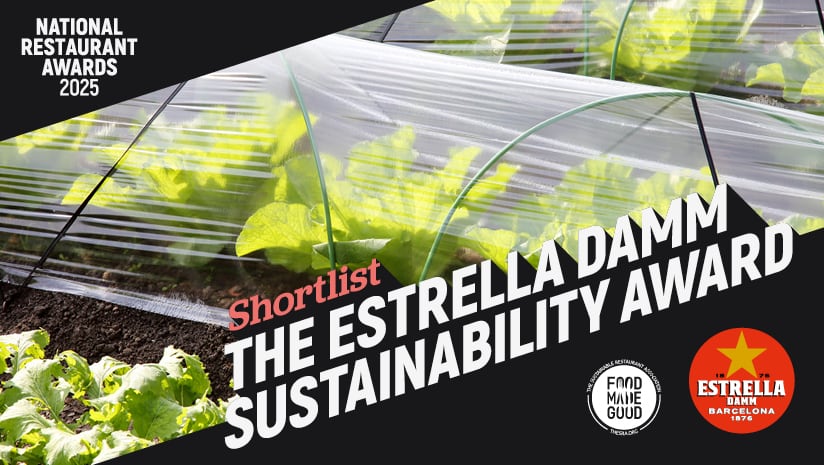BiBi
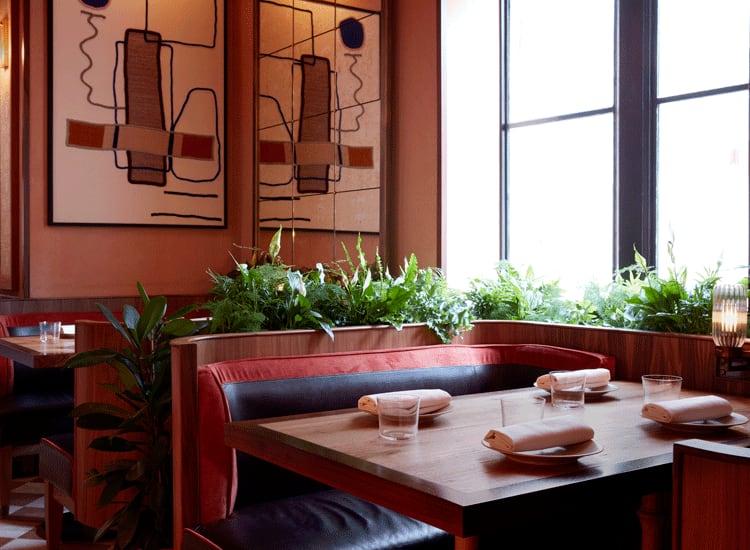
Over the past year, celebrated Indian restaurant BiBi has cut food waste by 60% by removing its à la carte menu and refining portions. The restaurant has also eliminated single-use plastics in the kitchen, now receives all produce in recyclable or renewable packaging and runs on 100% renewable electricity. Water usage is down by one-third thanks to efficient appliances and training. Proceeds from filtered water go to WaterAid India, and they support regenerative farming projects in India, Future Dreams and Street Smart through seasonal giving. The restaurant’s sourcing is transparent, focusing on small-scale UK growers and single-origin producers in India. Staff wellbeing is treated with the same care. Developed with Rupy Aujla, their ‘Feed People Well’ plan ensures structured, nutrient-dense staff meals. Weekly sustainability training keeps the whole team engaged. And, in a progressive move for fine dining, BiBi now offers leftovers in compostable packaging.
The Palmerston
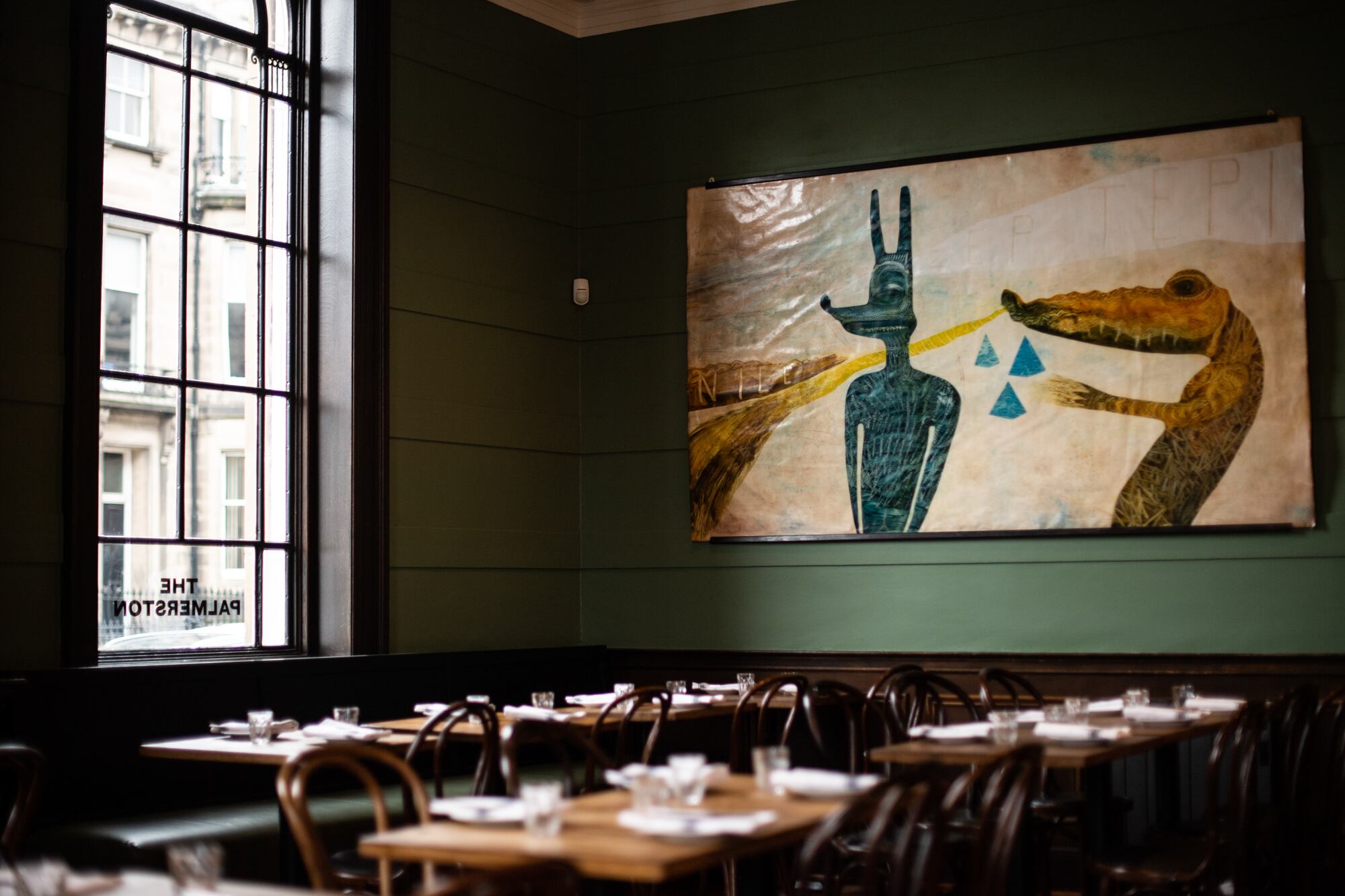
Menus change daily at this produce-led restaurant and bakery and are built around seasonal produce from local organic farms, whole animals butchered in-house using every scrap and fish sourced directly. To ensure responsible sourcing of seafood, the restaurant only serves species rated sustainable by the Marine Conservation Society, never serves salmon and supports WildFish’s ‘Off the Table’ campaign. Food waste is minimised through responsive cooking and composting, there’s no cling film used; dry goods and dairy arrive in returnable or plastic-free packaging, bread is delivered by bike courier, fruit peelings become bar sodas and staff uniforms are made from sustainably sourced cotton. So far the restaurant has raised more than £40,000 for the My Name’5 Doddie Foundation through charity events and a £1 donation added to every bill.
The Free Company
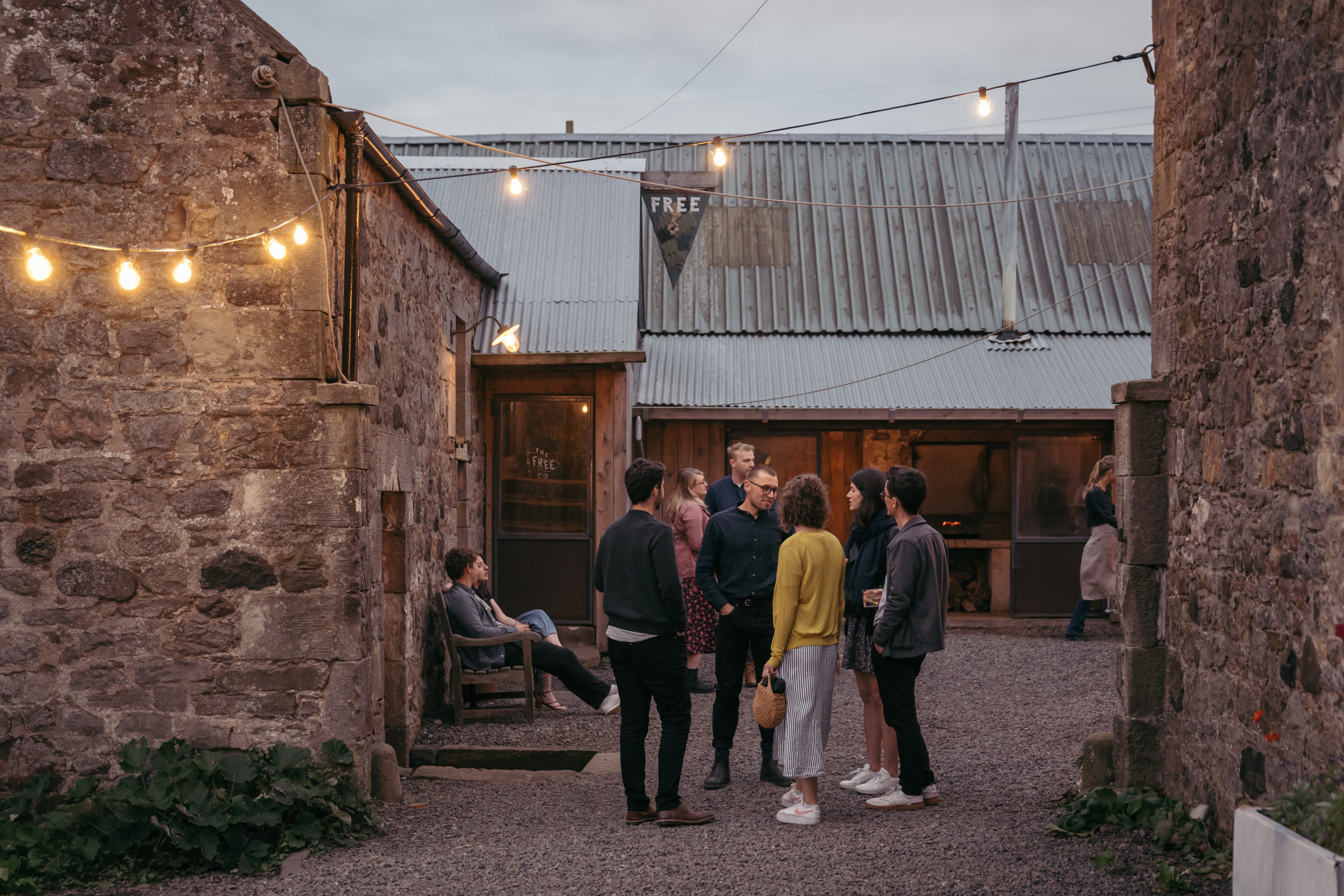
This restaurant and farm has a five-acre no-dig garden using compost made from garden and food waste, spent coffee and sheep wool. Native-breed livestock is reared on pasture using holistic grazing, whole animals are butchered nose-to-tail, and menus are built around what’s ready in the garden or ready in the butchery. Pigs are fed on hay, veg scraps and brewery mash from producers also served at the bar. Over 5,000 native trees — including 4,000 this year — have been planted as part of a new silvopasture system. Cider is produced from the fruits of a neighbour’s disused orchard and a new restaurant extension was built from wind-felled timber and insulated with their own sheep’s wool. A closed-loop septic system filters wastewater to drinking quality and 300 tonnes of compost are returned to the soil each year. Single-use packaging is banned.
Pignut
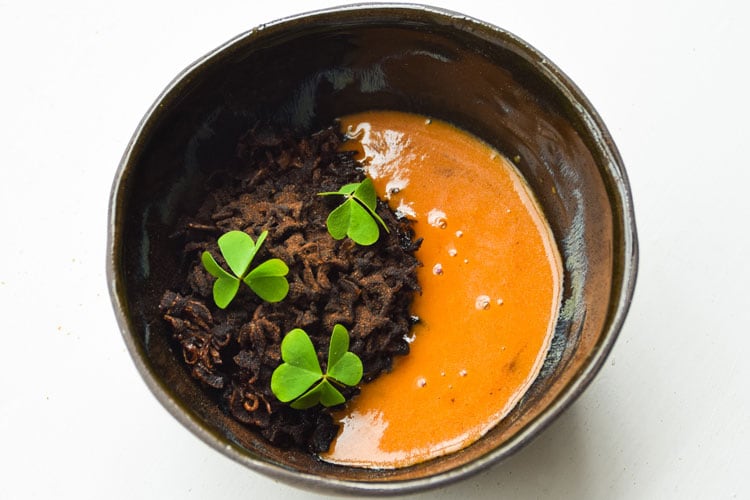
Since opening in June 2023, Pignut has been focused on building fine dining around sustainability. In 2024,it became certified carbon neutral, offsetting eight tonnes of CO₂e after cutting emissions through delivery consolidation, refillable wines and reusable crates. They monitor all operational emissions across energy, waste, travel and procurement. Owner Tom Heywood runs a zero waste kitchen incorporating offcuts into dishes and his ‘wastage course’ made entirely from menu by-products is now a signature dish. Food waste is composted on-site or converted to bioenergy, and compost is returned to Helmsley Walled Garden, where they grow and forage produce and support the garden’s mental health work.
Crocadon
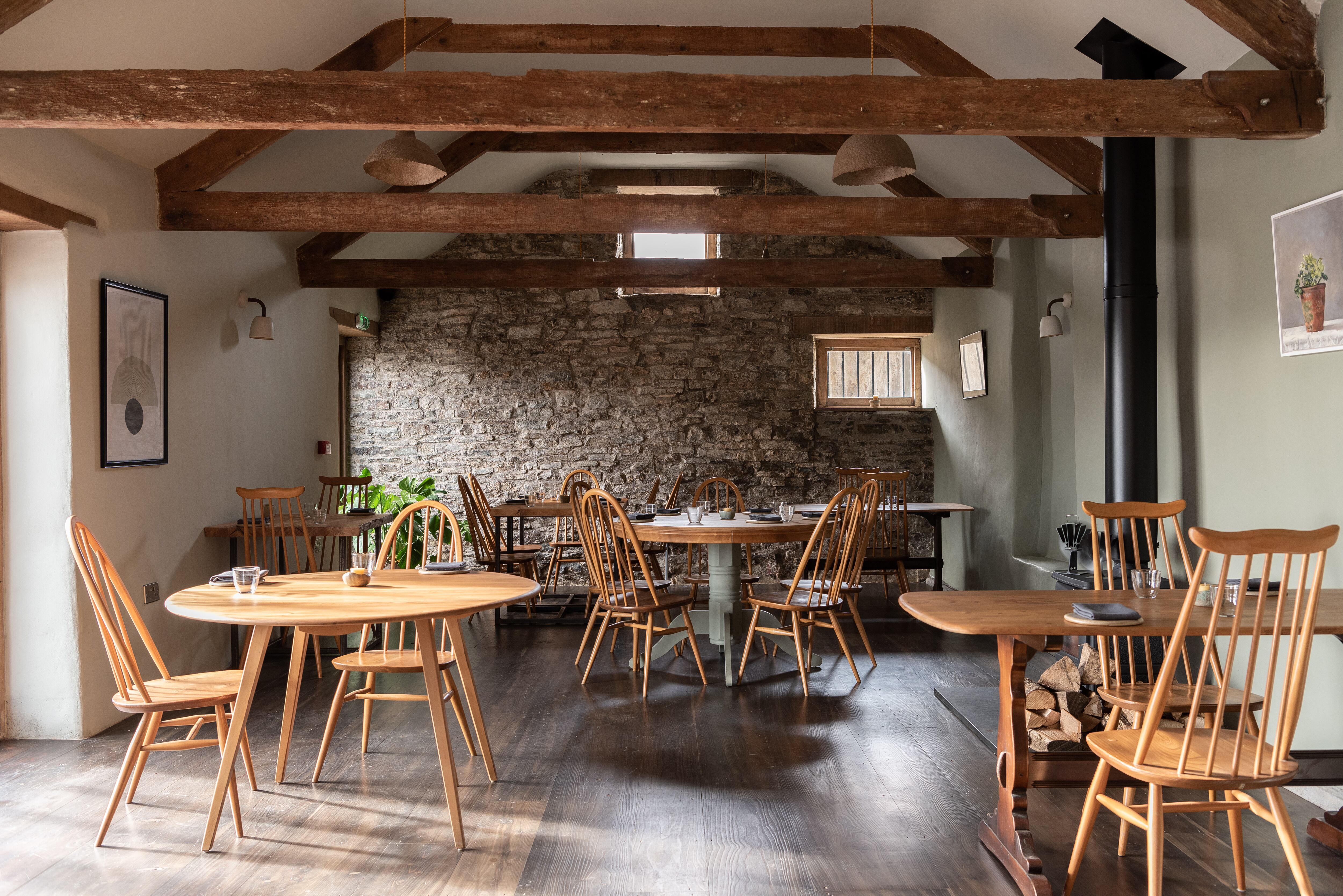
Crocadon is a full-circle, farm-to-fork restaurant on a 120-acre organic farm, rooted in soil health, flavour and closed-loop thinking. The team grows and rears most of what’s served, with rare-breed sheep at the heart of the system. In the abundant months of the year, Crocadon preserves produce through fermentation, pickling, drying and crafting misos, garums, oils and vinegars. Waste is minimal: bones and shells from sheep, deer and seafood are transformed into glazes and bone china, with ash and biochar enriching the soil. Cardboard becomes mulch and composting systems like bokashi and hot composting return nutrients to the land. The restaurant has eliminated single-use plastics and developed microbial sprays for cleaning and plant health, brewed from woodland leaf mould and farm-grown herbs. All energy is renewable, water is captured and reused and buildings are heated with coppiced wood.
The winner of the Estrella Damm Sustainability Award will be announced at the National Restaurant Awards on 9 June.

